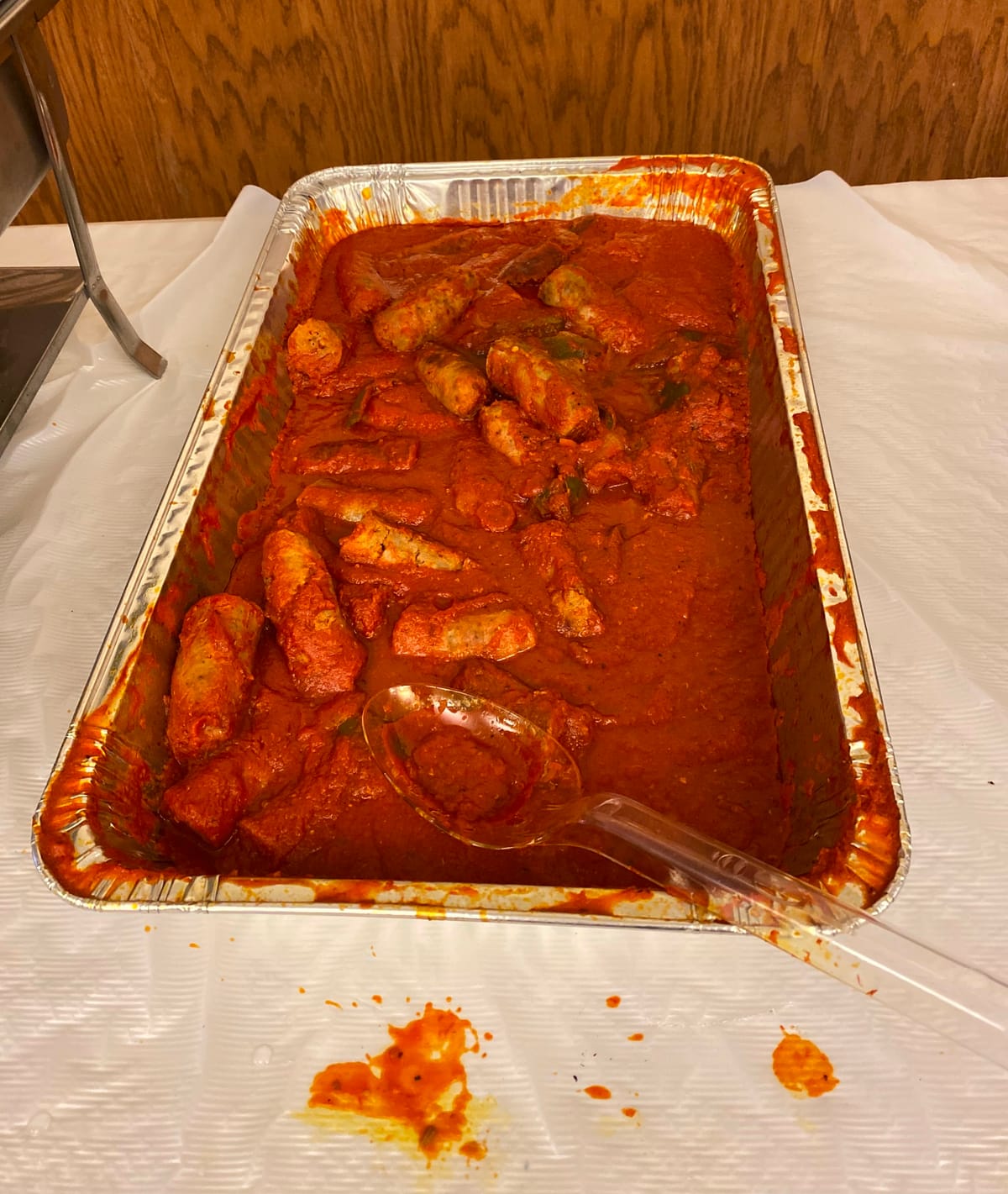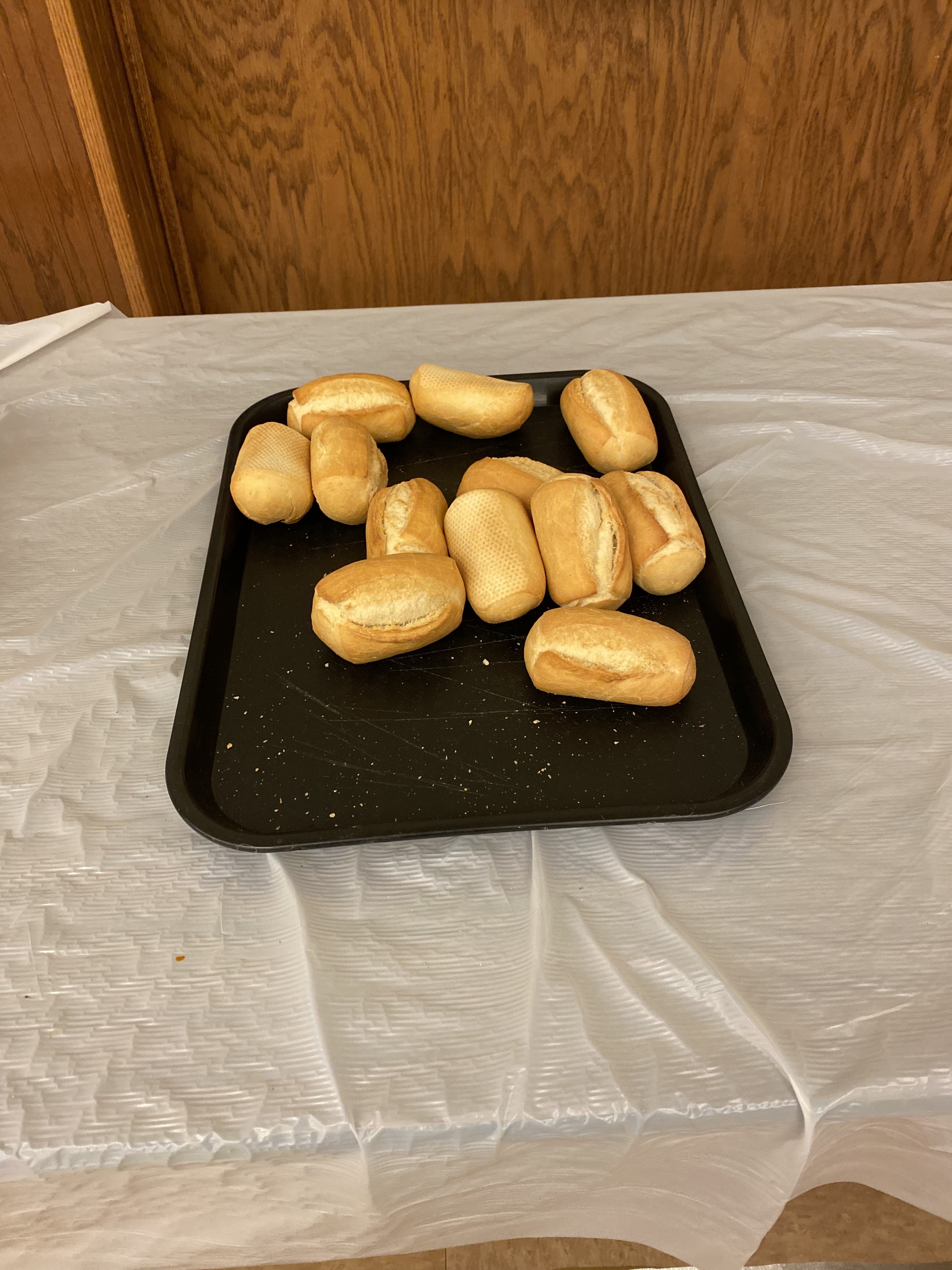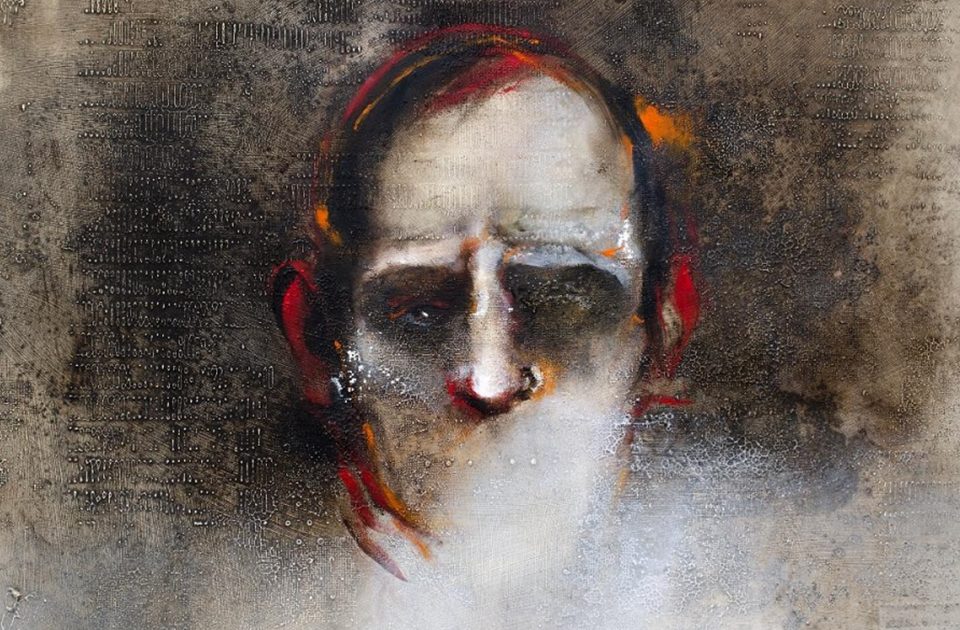“Maybe you’d be happier at another church.”
Growing up Southern Baptist was God preparing me to parent one of His church’s most hated children

When my mother had her recent knee replacement surgery, we had to check in at the hospital, an hour from her home, at dawn. Even at that early hour, when we pulled up to the entrance, the “elder pastor” of my mother’s church was there. He opened the door and started helping her out before I had the car in Park. He would have driven her to the hospital if she had no one else. The paid position of “elder pastor” is just that: to provide additional support for elderly church members.
That afternoon, when my mother was out of surgery, the Head Pastor arrived to check in on her. He prayed with her, asked if she needed anything, said he would visit the following week. After my mother was discharged, the phone calls started. Every afternoon, someone from her Sunday school class called to check in, tell her they were praying, ask if she needed anything. A committee coordinated the calls, one each day for ten days. On Day 3, a volunteer brought food from a luncheon mom had missed, so we didn’t have to cook that day.
I wondered if all church members get this kind of attention. My parents have given generously to the church for many years. I’m sure the pastors would never admit that their ministry has anything to do with pinching savings from the elderly, but it all felt creepy and solicitous.
This year, doing my parents’ taxes, I noticed their annual gift was far beyond what we discussed when I helped them arrange their donations. They wanted it set up to go directly from their 401(k) to the church. Since my parents both have dementia, I wanted to be sure they remembered and were aware of the total amount they gave.
When I showed them the statement, my mother seemed to have a brief moment of clarity: Maybe that’s why they were so nice when I had my surgery, she said.
I never understood why the Southern Baptist Church taught people to read the bible for themselves. It seemed counterproductive to their ends, because the more I read, the further I drifted from their teachings. Now that I am older and wiser and have been asked to leave a number of churches, I get it. They want you fully invested, or they want you gone.

People like me in churches occasionally cause churches to split. When I say “people like me,” I mean people who are logical, and confident enough to ask questions. I was raised by a scientist, taught to question authority, and encouraged to think, to look for flaws or inconsistencies in a hypothesis.
A confident thinker can see that biblical ideology is based on people’s opinions about words in the bible.
To the church, that stance is a dangerous stance—a heathen stance.
The brilliance of Southern Baptist methodology—or that of any other cult—is to get you reading the book for yourself while they explain the “right way” to understand it. Get you to agree with their interpretation over your own understanding, over and over and over, until you have devalued your own judgement and accepted their platitudes as gospel. Make sure you know that church leaders are highly educated and know better than you.
The final straw for me was race. When I was 17, my Sunday school teacher explained the story of the Tower of Babel as God’s intended separation of the races. This was her explanation for why we weren’t allowed to date outside of our (white) race. The Southern Baptist church was still segregated in 1982. We wouldn’t say it out loud. It was just understood. If you asked why there were no Black people in your church, you were told that they didn’t want to be part of our (white) church; they had their own “separate” churches. Which, I guess, was true, because why would anyone want to go to church where they’re not welcome?

The way I read the Tower of Babel story, God separated the people as punishment and gave us different languages to make it harder to come back together. If separation was punishment, then it seemed logical that reuniting was reward. For me, the lesson was that God wanted us to learn to value community by suffering separation. True brotherhood requires working together to understand each other. The Southern Baptist interpretation, that God intended us to stay apart, seemed the opposite of holy intention. Creating enemies seemed more like a human thing.
My Sunday school teacher thought I might be happier in another church. I agreed.
Over the years, I have often tried to return to church. I craved the community I felt as an unquestioning child. I joined the United Methodist church when I was going through a divorce. They were more accepting, but they did not affirm the LGBTQ community and kept women in secondary roles. I tried a different Baptist church that claimed to be more progressive, but it was not. I tried the Church of Christ. They all rejected the gay community.

In each of these congregations, I would speak up and point out the inconsistencies in their arguments against LGBTQ people. I would show them verses that seemed to clearly say that churches shouldn’t exclude the gay, or any, community. In every church, there was yet another Sunday school teacher suggesting I might be happier at another church.
This was my life before my child came out to me as transgender. I believe it was God preparing me to be the parent of one of His church’s most hated children—to see and understand the isolation and rejection they would feel. I learned to speak out and be prepared for the consequences.

